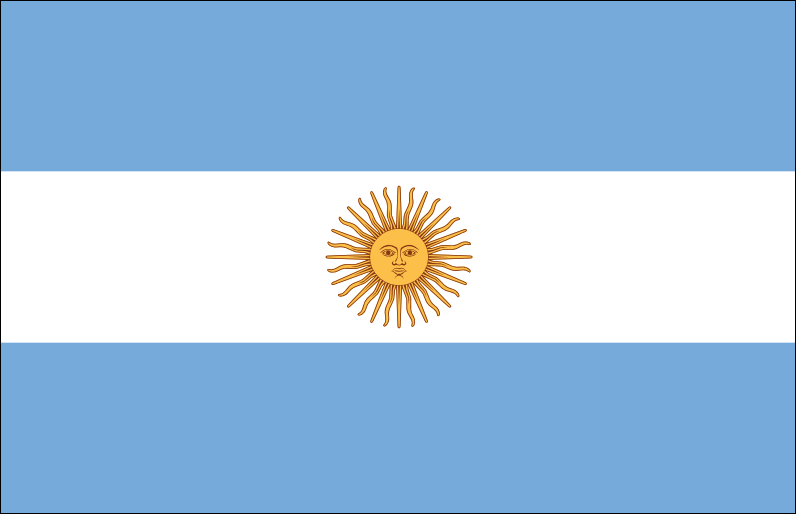 [Luisa Guzmán] Last week Fundación Via Libre released a statement urging Argentinian lawmakers to drop a bill proposing a Copyright term extension for photographs, and asking them to open a public debate with the purpose of improving the general conditions for the circulation of cultural goods. To date, over 50 cultural, artistic, and digital rights organizations have signed the statement.
[Luisa Guzmán] Last week Fundación Via Libre released a statement urging Argentinian lawmakers to drop a bill proposing a Copyright term extension for photographs, and asking them to open a public debate with the purpose of improving the general conditions for the circulation of cultural goods. To date, over 50 cultural, artistic, and digital rights organizations have signed the statement.
Currently, in Argentina, photographs pass to the public domain 20 years after publication. However, the proposal aims to increase the term of Copyright protection to life of the author plus 70 years, with retroactive effects over the photographs that have already entered into the public domain under existing legislation.
In the statement, the signatory organizations recognized the importance of protecting cultural workers, and the lack of legal protection that these workers have to face everyday, especially in terms of social security and fair contracts. Nonetheless, they pointed out that the main beneficiaries of the term extension would be the publishing companies and the media that own the rights. Thus, the proposed bill does not solve the core problems faced by photographers, nor does it result in actual benefits for them. Conversely, the extension of the Copyright monopoly will harm the access to culture and the preservation of the Argentinian historical memory.
According to the statement, if the bill is approved, thousand of photographs must be erased from the Internet under the threat of civil and criminal prosecution for those who make them available. This will affect museums, archives, public libraries, and their ongoing digitization projects, such as Trapalanda, the digital library of the National Library. Wikipedia is also among the initiatives that will suffer the most, especially for the retroactive application of the proposed Copyright term extension.
The delayed entry of photographs into the public domain also poses huge challenges for their preservation, and makes them more prone to become orphan works.
The complete statement is available here.




